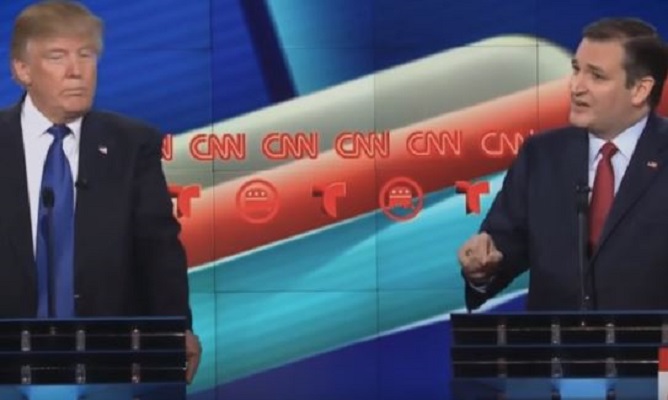
Who Church Leaders Endorse for the 2016 Election and Why Catholic Leaders Don’t Endorse Anyone
- By Alison Lesley --
- 02 Feb 2016 --

Religious leaders are generally uncomfortable to directly endorse any particular political candidate.
Leading up to yesterday’s Iowa Caucus, GOP leaders were touring the state and trying to prove that they are more Christian compared to their competition. A component of this ritual includes announcing a list of well-known Christian leaders supporting their respective campaigns. To give an example, Donald Trump, the Republican Party frontrunner, has won the valuable endorsement of Liberty University president, Jerry Falwell Jr., the son of late Reverend Jerry Falwell. Ted Cruz, a U.S. Senator, and Trump's contender in the presidential race, has also won a number of endorsements like from James Dobson, the founder of Focus on the family, and also from Tony Perkins, the president of Family Research Council.
Who Church Leaders Endorse for the 2016 Election and Why Catholic Leaders Don’t Endorse Anyone[/tweetthis]
GOP candidates are fighting for the Evangelical vote, and for an excellent reason. In 2012, when then Iowa Republicans made a caucus, about 57 percent of the participants identified themselves as Evangelical Christians. Only 18 percent of the state's total population identifies themselves as Catholic.
However, bishops of the Catholic order continue to be in the spotlight, and the social services infrastructure of the Church is huge. Candidates believe that a backing from a big Catholic university or a hospital network could be seen as a potent approval by the Catholic voters.
However, the remaining candidates have garnered scant endorsements from the prominent Catholics. There are reasons for this. There is a marked reluctance to promote divisions on the issue of politics. The Catholic vote, ideally, should not be split between all major political parties is an important factor. There is also the reason that a majority of Catholics do not want leaders to endorse the candidates. These go to discourage any overt political support.



















